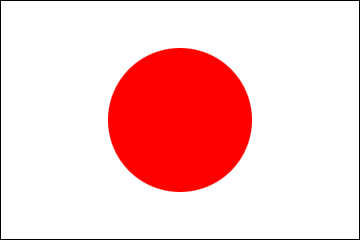Plants & Food
Plants
Importing plants is subject to regulation by the Ministry of Agriculture, Forestry, and Fisheries. Please visit the Plant Protection Station website for the most reliable and up-to-date information regarding bringing plants into Japan.
Food
Fresh Products
You should avoid bringing fresh fruit,vegetable, or meat products to Japan. In general, if you do intend to bring these items into Japan, you will need to get the appropriate sanitary documentation from the US Department of Agriculture (USDA).
Please note that the following fresh fruits are prohibited from importation into Japan: Apple, Pear, Quince, Nectarine,Peach, Plum, Apricot, Cherry.
Canned Products
Canned meat, fruit, or vegetable products are allowed.
Dried Produce
Dried fruit or vegetable products are allowed, as long as they are commercially dried (not home dried) and remain in their original, unopened packaging.
Dried Meat
Dried meat may be brought to Japan. It must be commercially prepared, and in its original, unopened packaging. In addition,a special label is required on the packaging of dried meat products to be brought into Japan. The label should read:
"The meat contained herein is for personal use only, and not for sale. It is derived from animals that received ante mortem and postmortem inspection and were found sound and healthy, and has been inspected and passed as provided by law and the regulations of APHIS/USDA."
For more information on the labeling of meat products, please check the US Department of Agriculture web site. Please note that shipping dried meat products (as opposed to carrying them in personal luggage) is strictly prohibited.
Other Processed Foods
Items such as cookies, crackers, candies,cereals, dried noodles, etc., may be brought into Japan. Most types of nuts(with the exception of walnuts, which are prohibited) may be brought into Japan, particularly if they are salted, dried, or roasted.
